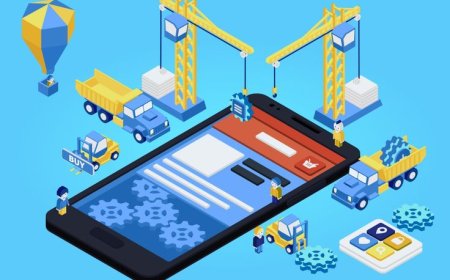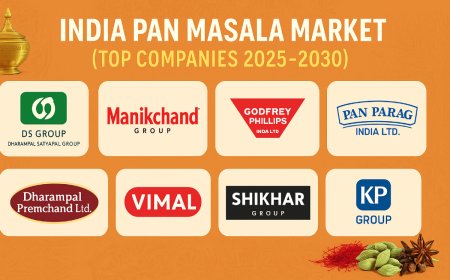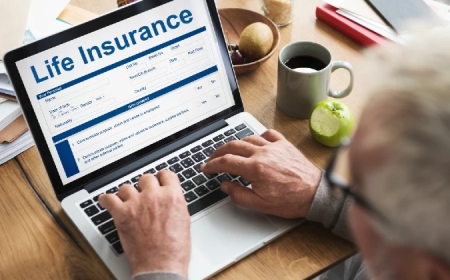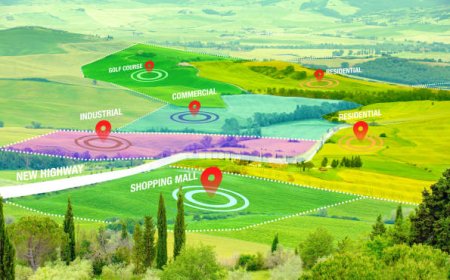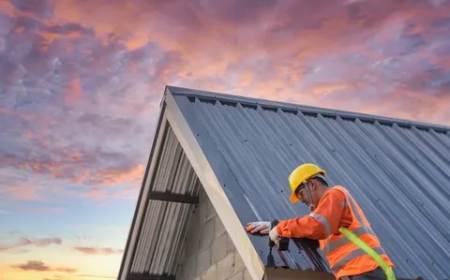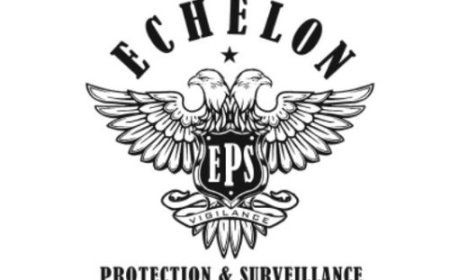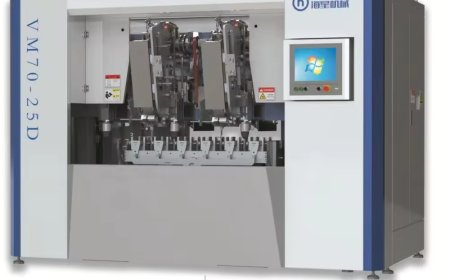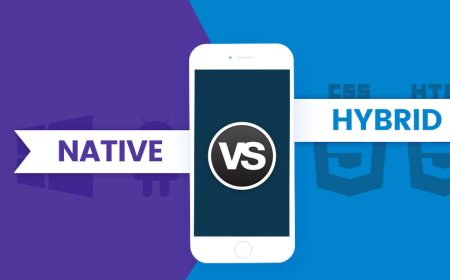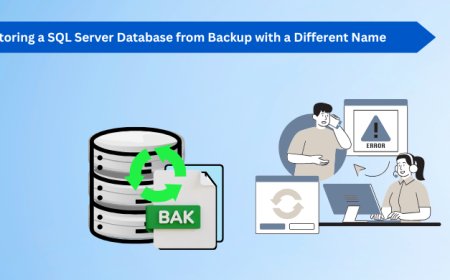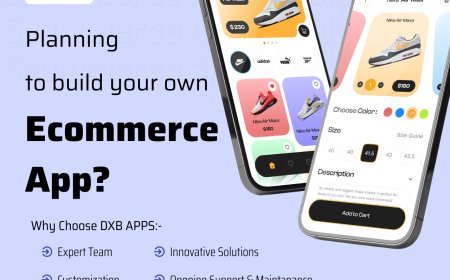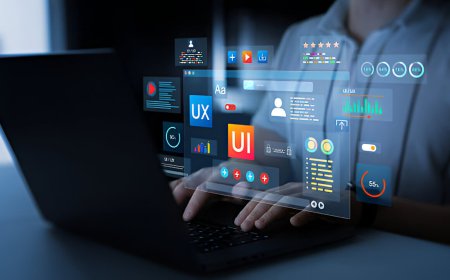10 Surprising Benefits of Using Facial Recognition at Events (Beyond Speed)
Explore 10 unexpected benefits of facial recognition at events—from enhanced security to personalized experiences—going far beyond just faster check-ins.

Even though facial recognition tech is becoming common recently, it's not totally new. You see it on phones and laptops, and now it's being used to manage access at events. And now, using facial recognition at events is making things faster. What used to be a long check-in process only takes a few seconds now.
With a quick scan of your face and a pat down by security and you are in the event no questions asked. That's because your data is already in the system, and one scan can determine whether you are authorized to enter or not, what areas or what venues at the event you are allowed in, and what areas are restricted.
However, thats merely the tip of the iceberg. The real magic unfolds when we consider the broader avenues for security, personalization, and operational insights.
Beyond Access Management
The belief that facial recognition is merely a faster way to get people through the door is an understatement. Its destination is crafting a surreal experience for attendees and making operations stronger. The benefits of facial recognition at events are more than just getting rid of lines, and they are listed below.
1. Revolutionizing Contactless Check-In (Seriously Fast!)
We know speed is good, but the move to contactless check-in really changes things. This is especially true since we're all much more aware of physical contact. People just walk up, their face is recognized, and they're in. No need to mess with QR codes or paper tickets. Its simple. This easy entry gets things going well from the start, making people feel valued.
2. Precise Event Security
Facial recognition offers an unparalleled layer of protection. It's not just about identifying attendees; it's about safeguarding the entire environment.
-
Real-time Threat Detection: The ability to quickly spot people on a watch list or ones causing trouble is very important. With facial recognition, security can get alerts right away, so they can act fast instead of later. This biometric event tech can improve event security.
-
Enhanced Access Management: Aside from the main entrance, facial recognition can be added to access management systems for areas with limited entry. Places like VIP lounges or rooms with sensitive tools can use facial recognition to make sure only people who are allowed can enter. This detailed control is very helpful in securing the parameters of your event.
3. Attendee Insights and Personalization
Facial recognition can do more than just help with logistics. If event planners use it well, they can get useful details to make better events and experiences later on. The tech can show how interested people were in speakers, event planners can use this info to decide what content to share, which speakers to book, and how to arrange accommodation at future events.
It can also create maps that show which parts of an event were popular and which weren't, which helps in deciding where to put resources and plan spaces. This is precious for improving future spending and vendor locations.
4. Elevating VIP Experiences and Convenience
For your most valued or important guests, it's important to make them feel as such. And by using contactless check-in and biometric event tech at every step, event organizers can raise their experiences and, in turn, retain them and make them feel treasured.
Their visits to sponsor booths and partner stalls can be hyper-personalized, with the help of event tech, too. By sending alerts on customer preferences to staff, VIPs can have the event experience tailored to them.
5. Seamless Networking
Networking has been made to seem like a complicated thing, which, due to its lofty name, can feel forced or awkward. Either way, it can be made easy. But only if exchanging contact info were as simple as tapping wristbands. This isn't some futuristic fantasy; it could easily happen at your next event.
Should you choose to employ contactless tech, you can help guests network with each other in a frictionless manner and leave them in awe, which can draw in more people.
6. Data Collection and Analytics
How do you get insights into attendee flow, popular sessions, and overall engagement patterns? How do you manage a crowd should a famous speaker shows up? The volume of data that can be collected through facial recognition, when managed responsibly, is sky-high. This private data gives behind-the-scenes information on registration numbers to behavioral studies. Event planners can then use this information to make better choices and improve what they offer.
7. Emergency Response and Crowd Management
During emergencies, time is of the essence. The ability to quickly identify people who require help or monitor how large groups of people are moving becomes very important. Facial recognition tech can be helpful in these situations.
Its a tool that can assist in protecting people and make sure things go as smoothly as possible during unexpected times.
8. Simplifying Lost and Found Operations
Losing a child in a crowded place is a terrifying thought for any parent. The panic and worry can be overwhelming. The good news is that technology can offer some help. One option is using facial recognition systems at family events to quickly find lost children.
Facial recognition tech has the potential to make family events much safer while offering peace of mind for everyone.
9. Reducing Fraud and Impersonation
Traditional badges and tickets can be duplicated or shared. Facial recognition helps prevent fraud and impersonation, making sure only approved people get into events and use resources. This protects the integrity of your event and secures revenue.
10. Future-Proofing Your Events
Using facial recognition at your event can show that you're on the front line of new ideas. It tells the attendees and those who support the event that you're serious about using the latest tech to create better experiences for everyone.
As facial recognition technology continues to get better, it's likely to become a standard feature of many events. By adopting it now, you're getting ready for the future of event management.
If you want to stay competitive and provide the best possible experience for your attendees, its worth considering.
In Summary
Event check-in technology is assured to fundamentally transform how we see, organize, and experience gatherings of all scales. It can change the event industry for the better. From easier check-ins to better security and custom experiences, the advantages are many. By carefully analyzing the privacy issues and using the technology responsibly, event organizers can make events better for everyone involved. As the technology keeps getting better, we can expect to see even more creative uses for biometrics in the event world, making events more engaging, secure, and unforgettable.





